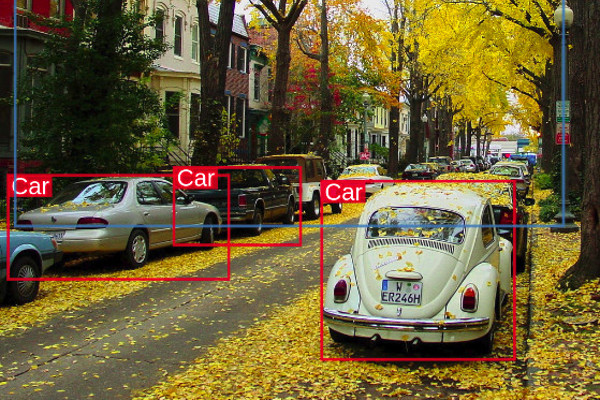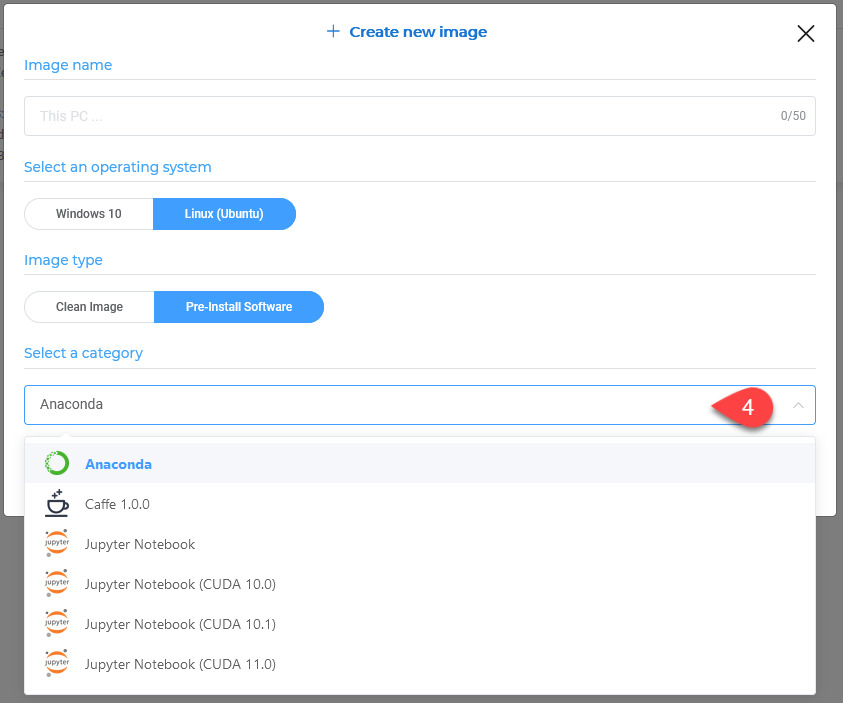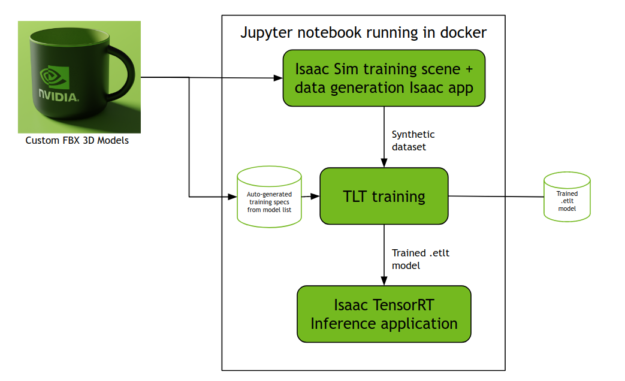

- #Install jupyter notebook caffe install#
- #Install jupyter notebook caffe update#
- #Install jupyter notebook caffe code#
Even if this was not provided, bash is the default command and just starts a Bash session.

This provides the default command when the container is started. The default iPython Notebook runs on port 8888Įxpose a port or a range of ports inside the container This exposes the ports inside the container so they can be accessed from the host. You can modify this to anything of the format -v /local/shared/folder:/shared/folder/in/container/. For another way to access this browser’s options, you’d need to find this URL, and localhost on port 8888 would take you there. When you get inside of the browser you should see this tab. Any data written to this folder by the container will be persistent. By typing jupyter notebook in the launch context once the application is installed, you can get started with Jupyter Notebooks. If everything goes right then Jupyter will get installed within the Python environment and to make sure that it is properly installed just type jupyter notebook in the command.
#Install jupyter notebook caffe install#
Select the first result ( Jupyter) and click on the Install button displayed in the middle of the screen: That’s it Once the installation is done, you already have Jupyter Notebook on your VS Code. Install Jupyter Notebook on Windows 10/7 using PIP Once you have made sure that everything is fine just type pip install jupyter and wait for the installation to finish. Step 3: Go inside the folder and Enter the following command to install the package. Step 2: Extract the downloaded package using the following command.
#Install jupyter notebook caffe code#
This shares the folder /sharedfolder on your host machine to /root/sharedfolder/ inside your container. First, launch your VS Code and type jupyter notebook in the extension search box. Follow the below steps to install the Jupyter Notebook package on macOS using the setup.py file: Step 1: Download the latest source package of Jupyter Notebook for python3 from here. This creates an interactive terminal you can use to iteract with your container

To see more details please take a look at here This will provision a container with the necessary components to execute code on the GPU. If the Caffe version number is shown up correctly, then change directory to examples, execute command: jupyter notebookĬhoose one of the notebook examples to test the Caffe installation.Sudo nvidia-docker run -it -v ~/Nature-Cut-Out:/auto-cutout -p 8888:8888 -expose 6006 -name my-caffe-docker-demo winnie16/caffe-opencv-cuda8.0:gpu bash If there is no error, then run conda install cython scikit-image ipython h5py nose pandas protobuf pyyaml jupyterĪdd the module directory to your $PYTHONPATH by export PYTHONPATH=`pwd`$įirst verify the installation: python -c "import caffe print caffe._version_" Sudo apt-get -y install build-essential cmake git libgtk2.0-dev pkg-config python-dev python-numpy libdc1394-22 libdc1394-22-dev libjpeg-dev libpng12-dev libtiff5-dev libjasper-dev libavcodec-dev libavformat-dev libswscale-dev libxine2-dev libgstreamer0.10-dev libgstreamer-plugins-base0.10-dev libv4l-dev libtbb-dev libqt4-dev libfaac-dev libmp3lame-dev libopencore-amrnb-dev libopencore-amrwb-dev libtheora-dev libvorbis-dev libxvidcore-dev x264 v4l-utils unzipĬp nfigĬhange the settings in nfig (namely uncomment settings for anaconda). Sudo apt-get install libopencv-dev libhdf5-serial-dev Sudo apt-get install -y libgflags-dev libgoogle-glog-dev liblmdb-dev Sudo apt-get install -y -no-install-recommends libboost-all-dev Sudo apt-get install -y libatlas-base-dev Multiple environments have been integrated into ModelArts Notebook. Just wanted to share my experience with installing Jupyter Notebook on my Ubuntu 18.04 box. Sudo apt-get install -y libprotobuf-dev libleveldb-dev libsnappy-dev protobuf-compiler Sudo apt-get install -y build-essential cmake git pkg-config
#Install jupyter notebook caffe update#
Install caffe dependencies sudo apt-get update I’m not sure where this post should go, so please feel free to move it I’m trying to do some tutorials with Jetson TX2 and so far have done Digits and now trying to use Caffe via Jupyter notebook. Then clone the caffe repository somewhere: git clone will want to install CUDA in order to be able to run models on the GPU:įollow the tutorial here: Packages for Anaconda conda update conda python -c 'import caffe print caffe.version' If the Caffe version number is shown up correctly, then change directory to examples, execute command: jupyter notebook Choose one of the notebook examples to test the Caffe installation. Thank you to Changjiang as most of the code here comes from this tutorial and I have only added a few lines in order to get caffe working.


 0 kommentar(er)
0 kommentar(er)
